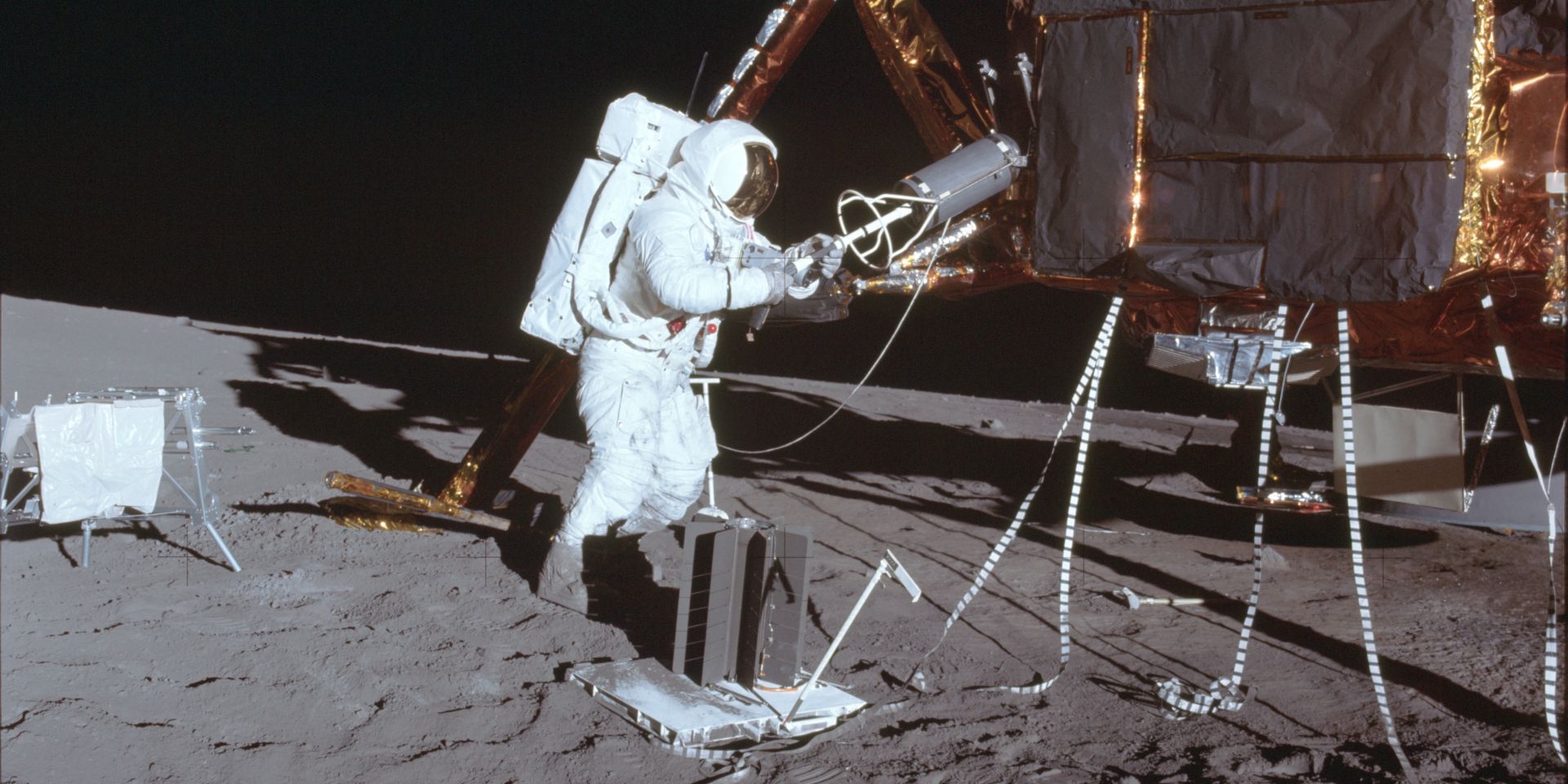Army’s Janus Program to boost advanced nuclear reactors
The U.S. Army is moving forward with additional advanced reactor programs—building on multiple military efforts already underway as well as a separate pilot program at the Energy Department.

A message from NV5, Inc.
Seconds Matter: Rethinking Nuclear Facility Security for the Modern Threat Landscape
The U.S. Army is moving forward with additional advanced reactor programs—building on multiple military efforts already underway as well as a separate pilot program at the Energy Department.

California-based microreactor developer Radiant Industries has announced the signing of what it calls “the first-ever agreement” to deliver a mass-manufactured nuclear microreactor to a U.S. military base. The contract was signed with the Department of Defense’s Defense Innovation Unit (DIU) and the U.S. Air Force as part of the Advanced Nuclear Power for Installations (ANPI) program.

Fabrication of the reactor core for the 1.5-MW Project Pele demonstration microreactor has begun, according to BWX Technologies. Pele is being developed at the BWXT Innovation Campus in Lynchburg, Va., for the U.S. Department of Defense’s Strategic Capabilities Office.
The Trump administration issued four executive orders on Friday aimed at boosting domestic nuclear deployment ahead of significant growth in projected energy demand in the coming decades. These orders aim to reclaim leadership in nuclear technology crucial for national security and competitive AI advancements.
The Defense Innovation Unit announced April 10 next steps in the Advanced Nuclear Power for Installations (ANPI) program, launched in 2024 to deploy microreactor nuclear systems for increased power reliability at select military locations.

The U.S. Army is asking nuclear companies to submit their proposals for microreactors that can be commissioned at military bases to provide clean, reliable power at two domestic military sites.
The bid solicitation window is short—just two weeks—but the army is asking for very high-level proposals from advanced nuclear companies who are ready to jump into action. Following the initial submission period, top contenders for the project will be invited back for pitch sessions; full contracts then will be negotiated.
Nuclear energy advocates attended a White House summit today on domestic nuclear deployment and will help advise a new federal initiative to support building new grid-scale nuclear reactors.
The event showcased recent policy developments and new industry investments that have changed the playing field—for the better—for nuclear during the past few years. The White House is calling it “the largest sustained push to accelerate civil nuclear deployment in the United States in nearly five decades.”

In early 2006, a start-up company launched a small rocket from a tiny island in the Pacific. It exploded, showering the island with debris. A year later, a second launch attempt sent a rocket to space but failed to make orbit, burning up in the atmosphere. Another year brought a third attempt—and a third failure. The following month, in September 2008, the company used the last of its funds to launch a fourth rocket. It reached orbit, making history as the first privately funded liquid-fueled rocket to do so.
Are you an energy genius? It’s hard to tell whether or not Americans are really aware of the energy that controls our lives, so the following quiz should be revealing. Click through the multiple-choice options below to reveal the answers. Most answers can be found in the pages of the 2023 issues of Nuclear News—if you’ve been a diligent NN reader you should do fine!
Scoring: Zero to five correct answers out of the 20 questions means you may need to read up on energy in order not to be at the mercy of others. Six to 10 correct answers is a good passing grade. Eleven to 15 right answers means you’re really energy literate. Sixteen to 19 correct answers means you should be advising Congress. Twenty right answers suggests you’re Mr. Spock reincarnated.

On his blog, Neutron Bytes, ANS member Dan Yurman lays out two proposals for saving the Versatile Test Reactor.
The Department of Energy has plans to build the VTR at Idaho National Laboratory, but federal funding for the project may have dried up.